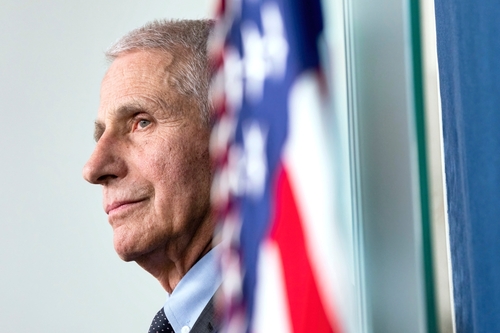Listen To Story Above
President Trump announced upcoming peace talks with Russian President Vladimir Putin, scheduled for Tuesday, focusing on territorial divisions and power plant control in post-war Ukraine.
Recent diplomatic channels between the United States and Russia have reopened after years of silence during the Biden administration’s response to Russia’s Ukraine invasion. During a late-night journey from Florida to Washington D.C., Trump addressed reporters on Air Force One, expressing optimism about the negotiations, stating: “We learned a lot, we’re doing pretty well I think with Russia. We’ll see if we have something to announce maybe, by Tuesday.”
The former president elaborated on his upcoming dialogue with Putin, saying: “I’ll be speaking to President Putin on Tuesday, a lot of work has been done over the weekend. We want to see if we can bring that war to an end. Maybe we can, maybe we can’t, but I think we have a very good chance.”
Putin and Trump to Talk on Friday, More Than Just a Phone Call – Kremlin Pool Reporters. Meanwhile Trump urges Russia to accept ceasefire. Zelensky is invited back to the White House 🤡 pic.twitter.com/R2tdSIL8pe
— Vladi 🇷🇺🇺🇸 (@joiedevivre789) March 12, 2025
Trump revealed that discussions would center on asset distribution, mentioning ongoing negotiations between Ukrainian and Russian parties. He specifically noted: “I think we’ll be talking about land. There’s a lot of land, it’s a lot different than it was before the war as you know. We’ll be talking about land, we’ll be talking about power plants because that’s a big question.”
The power plant discussions likely refer to the Zaporizhzhia nuclear facility, a massive complex with six reactors capable of generating 5.7 megawatts. The facility, under Russian control since March 2022, currently operates at minimal capacity amid ongoing conflict, with both sides trading accusations over security risks.
The upcoming call follows their last conversation on February 12th and builds upon initial U.S.-Russian discussions in Saudi Arabia on February 18th. Trump envoy Steve Witkoff expressed confidence in the upcoming dialogue, saying, “The two presidents are going to have a really good and positive discussion this week.”
Trump is to speak with Putin tomorrow.
“We’re on the 10-yard line of peace” and closer than ever to a deal. pic.twitter.com/RNooZI7KxQ
— sledge81 News and Opinions (@sledge81NEWS) March 17, 2025
However, the talks occur amid accusations from Ukraine and European nations that Russia is deliberately stalling peace negotiations. Ukraine’s President Zelensky recently criticized Putin’s approach as “manipulative,” suggesting Russia maintains minimal engagement to prolong the conflict.
Britain’s Prime Minister Sir Keir Starmer expressed dissatisfaction with Russia’s conditional peace stance, announcing a Thursday meeting of allied military leaders in London to develop “practical work to support a potential deal… strong and robust plans in place to swing in behind a peace deal and guarantee Ukraine’s future security.”
Initial proposals for peacekeeping forces have evolved significantly, scaling down from President Zelensky’s suggested million-strong force to French President Emmanuel Macron’s proposal of “a few thousand” troops. While Russia opposes any European peacekeeping presence, viewing it as escalatory, the true nature of these positions remains unclear as negotiations approach.






